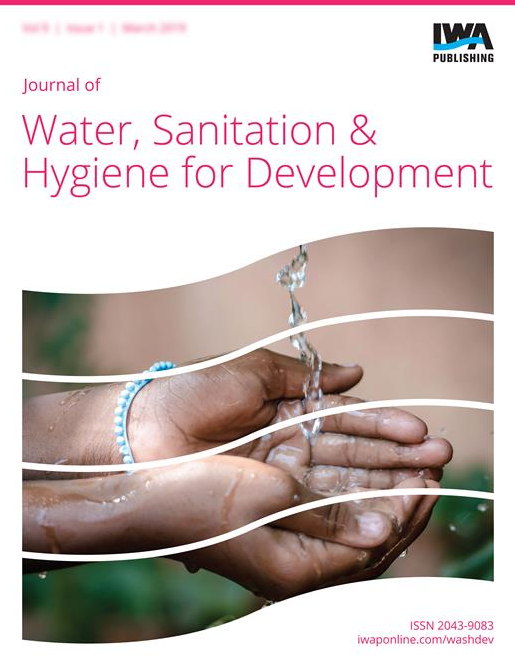Fecal Sludge Management (FSM): Analytical Tools for Assessing FSM in Cities
Author: Peal, A., Evans, B., Blackett, I., Hawkins, P., Heymans, C.
Year: 2014
Publisher: Journal of Water, Sanitation and Hygiene for Development
This paper describes the results of a research study which aimed in part to develop a method for rapidly assessing fecal sludge management (FSM) in low- and middle-income cities. The method uses innovative tools to assess both the institutional context and the outcome in terms of the amount of fecal sludge (FS) safely managed. To assess FSM outcomes, a FS matrix and accompanying flow diagram was developed to illustrate the different pathways FS takes from containment in water closets, pits and tanks, through to treatment and reuse/disposal. This was supplemented by an FSM service delivery assessment tool which measures the quality of the enabling environment, the level of service development and the level of commitment to service sustainability. The tools were developed through an iterative process of literature review, consultation and case studies. This paper considers previous work done on FSM, suggest reasons why it is often neglected in favor of sewerage, and highlights the importance of supporting the increasing focus on solving the FSM challenge. The tools are presented here as useful initial scoping instruments for use in advocacy around the need for a change in policy, funding, or indeed, a city’s overall approach to urban sanitation.
Fecal Sludge Management (FSM): Analytical Tools for Assessing FSM in Cities
External Link
Open linkRating
Would you like to see other resources here?
Give us your feedback"*" indicates required fields
Still have questions?
You could not find the information you were looking for? Please contact our helpdesk team of experts for direct and individual support.


